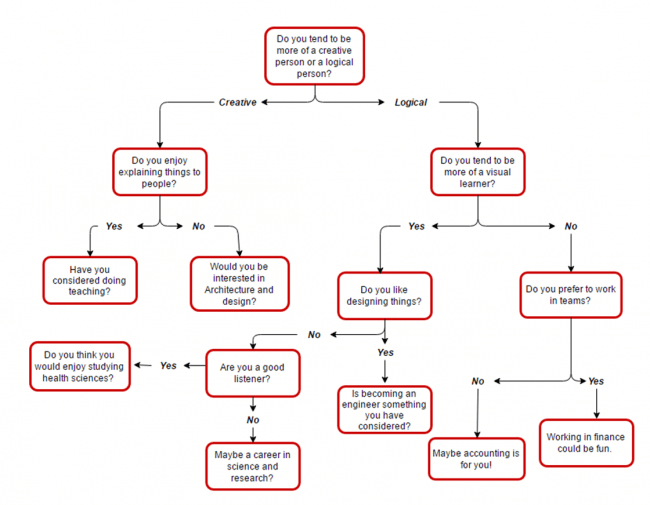1. Teaching
Teaching Maths is a very rewarding career path. In order to be a great Maths teacher, one must be comfortable leading a group, listening to students, and most of all passionate about Maths!
2. Architecture and Design
Architects work with a wide range of people to create functional and visually-appealing buildings. Maths is used to analyse and calculate structural problems, and to successfully plan the layout of structures. Design and animation programs use linear algebra to ensure that objects rotate and shift in a realistic manner, helping designers fine-tune their creations.
3. Engineering
It is often said that engineers are Math-enthusiasts that got bored with abstract Maths! There is a significant amount of Maths in an engineer’s work, although the degree of Maths knowledge required varies with the type of engineering. Imagine being a NASA engineer using calculus to determine whether a satellite will collide with an object in space, or working with medics to code a bionic arm for an amputee patient!
4. Science
An initial degree in science allows one to acquire skills in management, problem solving and scientific skills, potentially opening many doors in the future. Basic algebra and statistics is required for almost all areas of science, from being able to balance a chemical equation to being able to interpret and statistically analyse data. A degree in science, followed by postgraduate research, can potentially lead to a promising career as a professor or specialist in your field. If teaching is not for you, maybe a career as an epidemiologist sounds more appealing, in which mathematical models track the progress of infectious diseases. Whatever your interests, an undergraduate degree in science can lead to numerous opportunities!
5. Finance
Studying finance can lead you to a wide variety of job opportunities that are not limited to sitting behind a desk. Being able to interpret graphs and statistically analyse data is an integral aspect of the job, a skill which is contingent on a strong understanding of maths!
6. Accounting
Studying accounting develops your understanding of what makes a business successful. Accountants use Maths and maths-based programs on a daily basis to decipher and address the complexities of business on a local, national and even global scale!
7. Health Sciences
People often underestimate the amount of Maths a doctor, physiotherapist or optometrist uses. Being able to understand and interpret graphs is a fundamental skill that all practitioners need.
Where will Maths take you?

